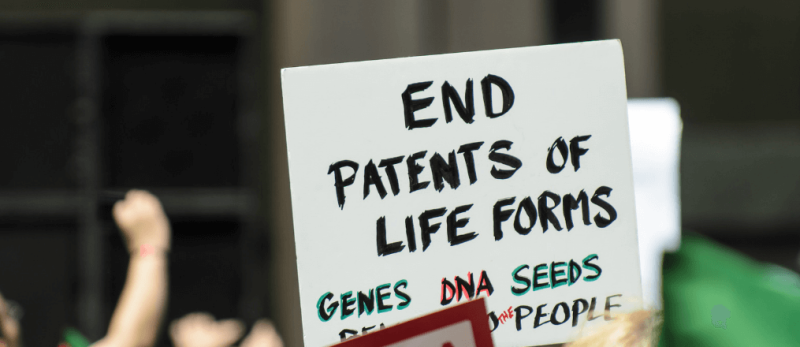On February 7, 2024, the Members of the European Parliament (MEPs) adopted, by way of plenary vote, a position supporting a proposal of the Committee on Environment, Public Health and Food Safety (ENVI) to ban patents for all plants obtained by New Genome Techniques (NGT plants), plant material, parts thereof, genetic information and process features they contain. What does this mean?
…
The patentability of NGTs raises concerns among breeders and farmers, e.g. regarding the possible monopolisation of traits via the patent system and the possible accidental infringement of patents. Also, many small- and medium-sized breeders fear that it may become impossible to have access to the protected genetic material for breeding on reasonable terms.
On the other hand, companies investing into NGTs have a legitimate interest to protect their innovation and get some return on their investments.
Will the proposal to ban patents for all plants obtained by NGT provide a balance of all legitimate interests? Certainly not! Instead of balancing these legitimate interests it seems the baby shall be thrown out with the bathwater. The populistic approach to ban patents will not lead to new sustainable crop development, environmental safety, and food security that may be provided by NGT. It will also not lead to investments into NGTs, at least not in Europe. The proposed plant patent ban would put the future of innovation in this area in Europe at risk.
[Editor’s note: This article orginally appeared in European Biotechnology Magazine (Spring 2024)]































